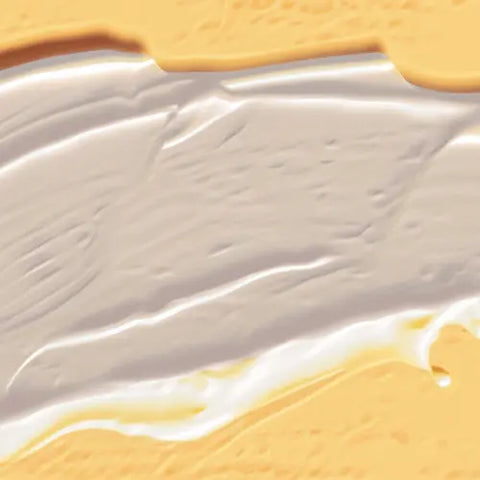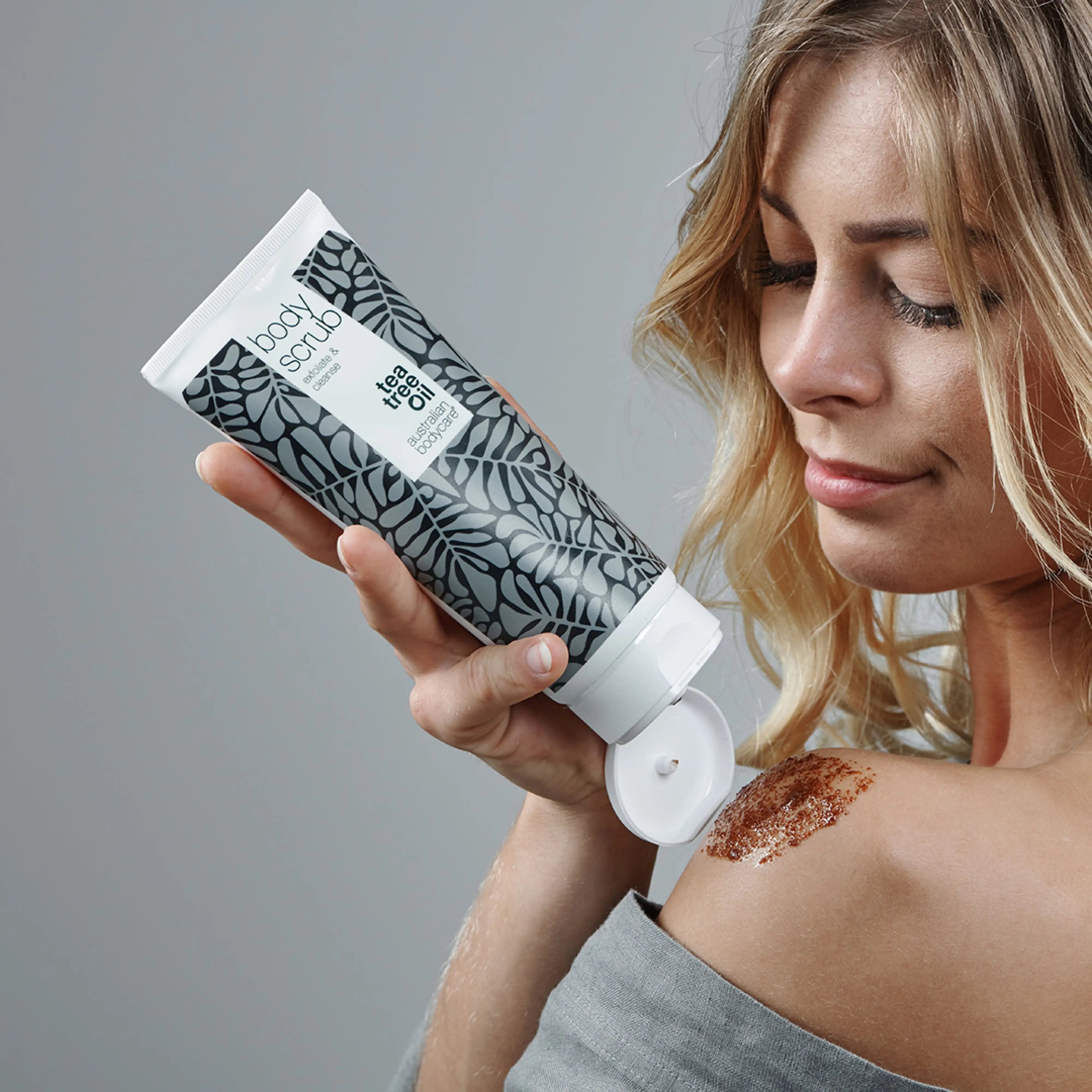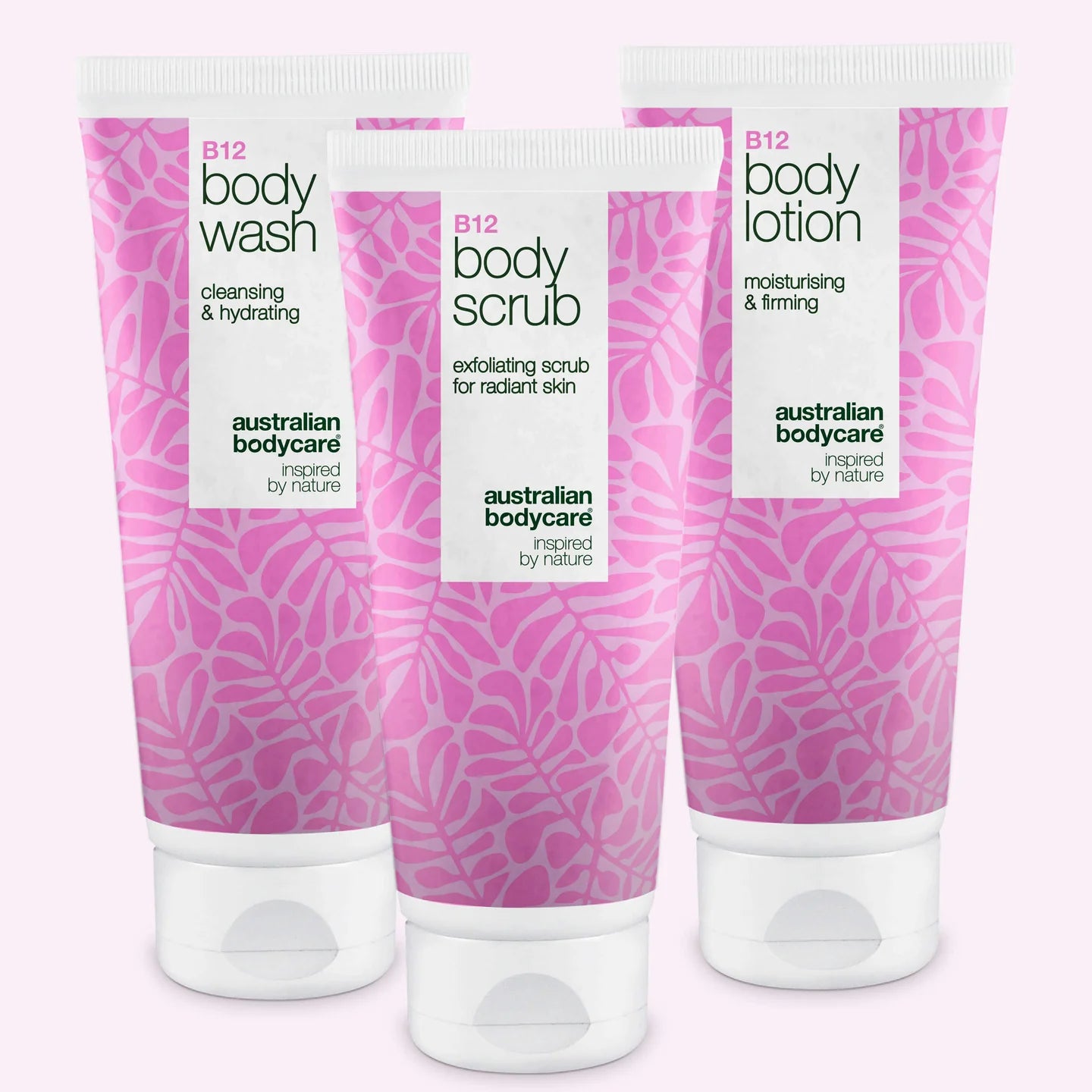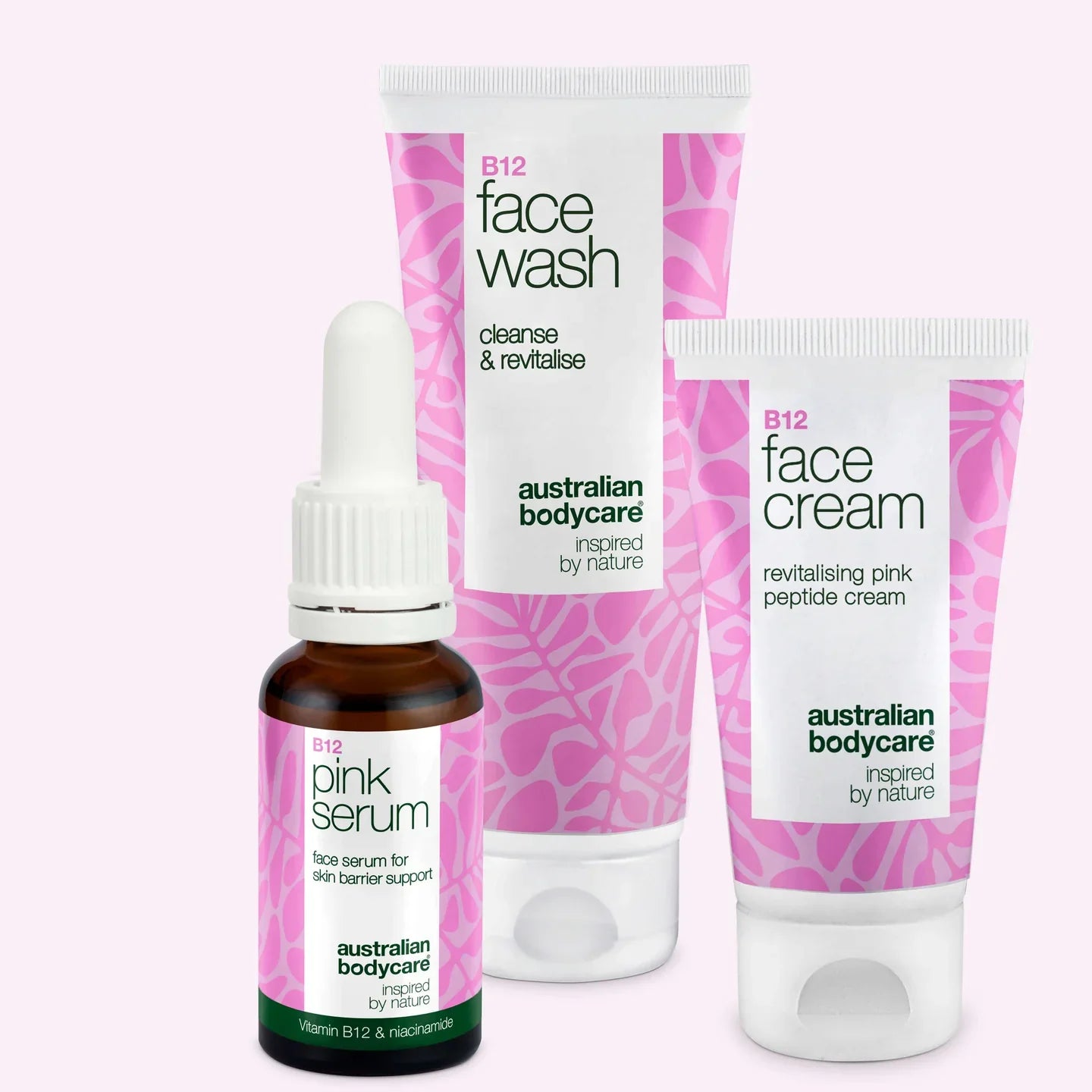Expert's Guide to Sunscreen: Everything You Need to Know About Sun Protection
Choosing the right sunscreen can feel like navigating a jungle. It's important to know that sunlight emits ultraviolet rays that can harm the skin. This article provides clear guidance on selecting and using sunscreen correctly.
Read on to learn more.
Table of contents
What is Sunscreen?
Sunscreen protects the skin from the sun's harmful rays. It contains special filters that block or absorb ultraviolet (UV) light from the sun to prevent sunburn and long-term skin damage.
These filters can be chemical, absorbing the radiation, or physical, reflecting the rays away from the skin. In Denmark, around 30 different UV filters are approved for use in sunscreens. It's essential to choose a sunscreen that protects against both UVA and UVB rays to ensure the best sun protection.
Sunscreen should be stored cool and away from direct sunlight to prevent bacterial buildup, keeping the protection effective and the product safe to use.

How Does Sunscreen Work?
Sunscreen provides protection against the sun's harmful rays using either physical or chemical filters. Physical filters work by reflecting UV rays away from the skin, almost like a mirror, often containing minerals like titanium dioxide or zinc oxide.
Chemical filters, on the other hand, absorb UV rays and convert them into heat, which is then released from the skin. This prevents UV rays from damaging skin cells and reduces the risk of sunburn and long-term skin damage.
Using these filters in sunscreen allows for blocking both UVA and UVB rays. UVA rays are known for aging the skin, while UVB rays can cause sunburn.
Both types of radiation can increase the risk of skin cancer. Regular use of sunscreen with an appropriate sun protection factor (SPF) can effectively protect the skin from these dangers, especially during outdoor activities where direct sun exposure is unavoidable.

Choosing the Right SPF
Selecting the right SPF is crucial for your skin. Your skin type and the strength of the sun play a significant role.
1. Know Your Skin Type: People with fair skin burn faster and need higher SPF. If you have darker skin, you might sometimes use lower SPF.
2. Check the UV Index: UV radiation varies by season and time of day. Use higher SPF when the UV index is high.
3. Understand UVA and UVB Protection: Choose a sunscreen that protects against both types of rays to prevent damage.
4. Consider Your Activities: Are you playing sports or swimming? Opt for water-resistant sunscreen with high SPF.
5. Check the Expiry Date: Sunscreen can last two to three years if stored correctly at room temperature.
6. Protect Children's Skin: Use fragrance-free and hypoallergenic sunscreen with high SPF for kids to avoid irritation.
7. Reapply Every Two Hours: Remember to reapply often, especially if you're sweating or swimming.
8. Start with a Test: Try the sunscreen on a small area of your skin first to see if you have a reaction.
Following these steps helps you choose the right sun protection and shields your skin from harmful rays.
Applying Sunscreen: How and How Often?
Sunscreen should be generously applied to all exposed areas of the skin at least 20 minutes before going out in the sun. Reapply every two hours or immediately after swimming, engaging in activities that make you sweat, or drying off with a towel. Sunscreen should be reapplied after swimming even if you use water-resistant sunscreen.
Storing Sunscreen: How to Store the Product Properly?
Sunscreen should be stored at room temperature and away from direct sunlight to ensure its longevity. Here are some guidelines for proper storage:
1. Store in a Cool, Dry Place: Keep sunscreen away from extreme temperatures.
2. Avoid Leaving in the Car: Heat or cold can affect the product's consistency and effectiveness.
3. Close the Lid Properly: Prevent exposure to air and contamination.
4. Check the Expiry Date Regularly: Sunscreen loses its effectiveness over time, especially after opening.
Proper storage of sunscreen helps maintain its protective properties against UV rays, which is crucial for effective sun protection.
Water-Resistant Sunscreen: Benefits and Usage
Water-resistant sunscreen offers effective protection against water, sweat, and moisture. This type of sunscreen ensures you stay protected longer, even during water activities, and doesn't require frequent reapplication.
This makes it ideal for beach or pool visits.
When using water-resistant sunscreen, ensure it's applied evenly and generously at least 15 minutes before exposure to sun and water. Remember to reapply after swimming or sweating to maintain optimal protection.
Water-resistant sunscreen is ideal for outdoor activities in sunny weather and can be particularly beneficial during sports, seaside vacations, or hiking in hot climates.
Sunscreen for Different Skin Types
Sunscreens are available for different skin types, so people with dry, oily, or sensitive skin can find a suitable product. If you have dry skin, choose a sunscreen with extra moisturizing properties to combat dryness.
For oily skin, opt for an oil-free sunscreen that won't clog pores and leave the skin shiny. People with sensitive skin should select a sunscreen free from fragrances and dyes to avoid irritation.
Sunscreen for Dry Skin
Sunscreen can cause dry skin, especially if it contains chemical filters. Therefore, it's important to choose a sunscreen that is moisturizing and soothing to counteract dryness and irritation.
Some sunscreens for dry skin include soothing ingredients like aloe vera or oatmeal extract, which help keep the skin hydrated and soft all day. It's also essential to pay attention to the sunscreen's shelf life, as old sunscreens can lose their effectiveness and may not provide adequate protection against the sun's harmful rays.
UV-rays can cause dry skin, so it's important to choose a sunscreen with a high SPF that offers broad-spectrum protection against both UVA and UVB rays. In addition, it can be beneficial to apply moisturising creams or lotions after sunbathing to restore the skin's natural moisture balance.
Sunscreen for Oily Skin
Oily skin requires a light and oil-free sunscreen to avoid further oil buildup. Choose sunscreens labeled as "non-comedogenic" to prevent clogged pores.
Sunscreens with salicylic acid or tea tree oil can help control excess oil and reduce the risk of clogged pores. Remember to apply sunscreen evenly and avoid rubbing it into the skin to prevent irritating the skin's surface.
Sunscreen for Sensitive Skin
Sunscreens for sensitive skin should be fragrance-free and environmentally friendly. When you have sensitive skin, it's important to choose a sunscreen with a minimum SPF of 30.
Make sure to find a sunscreen that is hypoallergenic to avoid unpleasant reactions.
UV Rays: What They Are and How They Affect the Skin
UV rays are a form of electromagnetic radiation from the sun that can affect the skin in various ways. These rays consist of three types: UVA, UVB, and UVC. UVA rays make up the largest part of UV light and penetrate deep into the skin, causing sun rash, sun allergy, itching, and photoaging.
UVB rays are responsible for sunburn and the development of sun intolerance and pigmentation changes. This is why it's important to protect yourself from these rays with sunscreen that has proven SPF effectiveness.
The sun's UV rays can also lead to skin cancer development later in life if the skin is exposed to them for prolonged periods without protection. Therefore, it is crucial to understand and take measures to avoid damage caused by UV rays.
When the UV index is 3 or higher, it's recommended to seek shade or use protective clothing and sunscreen to avoid skin damage. With the right knowledge and application of sun protection, you can limit the risks of negative consequences and enjoy the sun safely.
The Three Sun Rules: How to Best Protect Yourself from the Sun
Sun protection is important to avoid sun damage. Here are the three essential tips to protect yourself from the sun:
1. Use Sunscreen with High SPF: If you stay outdoors, use sunscreen with at least SPF 15 in the northern hemisphere and at least SPF 30 when traveling south.
2. Seek Shade During Peak Hours: The sun is most intense between 12 PM and 3 PM. It's best to seek shade during these hours to avoid sunburn.
3. Wear Protective Gear: Use hats, sunglasses, and UV-protective clothing for extra protection from harmful sun rays.
Conclusion
By choosing the right sunscreen with the appropriate SPF and carefully considering its application, you can protect your skin from harmful UV rays. Children should be protected with fragrance-free and hypoallergenic sunscreen, while adults should opt for products with UV filters. Sunscreen should be stored correctly to avoid bacterial growth, and it's important to remember to reapply after water activities or sweating. By following these guidelines, you can enjoy the sun safely and healthily.
FAQ – Frequently Asked Questions About Sunscreen
When should you use sunscreen?
You should use sunscreen every time you are outdoors to protect your skin from the sun's harmful rays, especially when the ozone layer is thin and during the ski season.
Can you tan with sunscreen?
Yes, you can still tan while using sunscreen. Sunscreen filters UV rays and reduces the risk of sun damage, but it still allows some UV rays to reach the skin, leading to a gradual and safer tan.
How high should the UV index be before you tan?
You can start tanning even at low UV index values, but the risk of harmful effects increases with the index. A UV index of 3 or higher can increase the risk of skin damage and promote tanning. It's important to always protect your skin, regardless of the UV index level.
What does SPF in sunscreen mean?
SPF, or sun protection factor, indicates the level of protection against the sun's UV rays. The higher the SPF, the better the protection.
What SPF sunscreen should I use?
The choice of SPF depends on your skin type and the strength of the sun. Generally, a higher SPF is recommended for the best protection against sun damage and skin cancer.
How long does sunscreen last?
Sunscreen remains effective for about 2-3 hours after application. It is recommended to reapply sunscreen regularly, especially if you are swimming or sweating.
Can sunscreen expire?
Yes, sunscreen can expire. Most sunscreens have a shelf life of 2-3 years, but this can vary depending on the product. Effectiveness can decrease over time, especially if the bottle has been exposed to high temperatures. Always check the expiration date and storage instructions to ensure maximum protection.
Where can I buy good sunscreen?
Good sunscreen can be purchased at the pharmacy, where pharmacists can advise you on the best choice for your skin type and needs. It is also possible to find quality products in stores that sell medical drugs or specialized sun protection brands.
Can babies use sunscreen?
Yes, but it's important to choose a sunscreen specifically designed for babies, as their skin is more sensitive. Baby sunscreen should be used from just a few months old, especially if they are exposed to direct sunlight.



